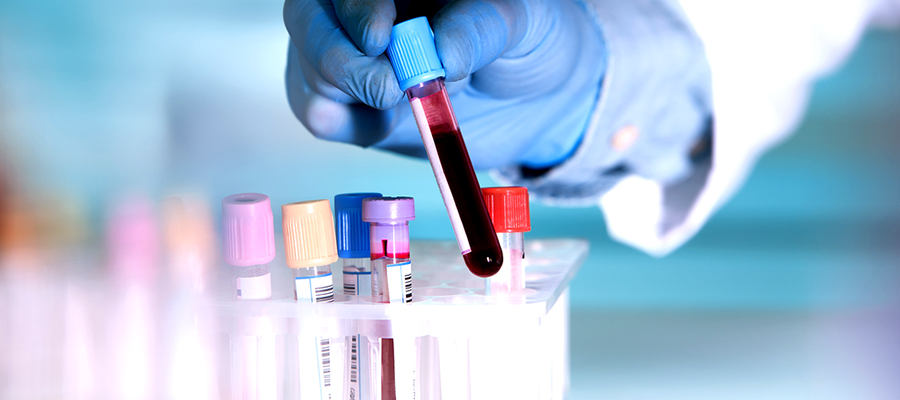
Estimated reading time: 3 minutes and 1 seconds
Haemoglobin Test
Comprehensive Haemoglobin Test at Aktif International Hospitals
A haemoglobin test, also known as a complete blood count (CBC) or haemoglobin assay, is a common blood test used to measure the amount of haemoglobin present in the blood. Haemoglobin is a protein found in red blood cells that carries oxygen from the lungs to the body’s tissues and helps transport carbon dioxide back to the lungs for exhalation. At Aktif International Hospitals, we offer comprehensive haemoglobin testing as part of our diagnostic services to assess overall health and detect various medical conditions.
Frequently Asked Questions
What is a haemoglobin test, and why is it important?
A haemoglobin test measures the concentration of haemoglobin in the blood, providing valuable information about a person’s overall health and oxygen-carrying capacity. This test is essential for diagnosing and monitoring various medical conditions, including anaemia, polycythaemia, nutritional deficiencies, and certain chronic diseases.
How is a haemoglobin test performed?
A haemoglobin test is typically performed using a small blood sample obtained through a simple and relatively painless procedure called venipuncture. During venipuncture, a healthcare professional will clean the skin over a vein, usually in the arm, and insert a needle to collect a sample of blood into a tube or syringe. The blood sample is then sent to a laboratory for analysis, where the haemoglobin level is measured using automated equipment and standardized procedures.
What are the normal haemoglobin levels?
Normal haemoglobin levels can vary slightly depending on factors such as age, sex, altitude, and individual health status. In general, normal haemoglobin levels are:
- For adult males: 13.8 to 17.2 grams per decilitre (g/dL)
- For adult females: 12.1 to 15.1 g/dL
- For children: Varies by age and sex; reference ranges are typically provided by the laboratory based on age-specific norms.
What medical conditions can affect haemoglobin levels?
Various medical conditions and factors can affect haemoglobin levels, including:
- Anaemia: A condition characterized by low haemoglobin levels, often caused by iron deficiency, vitamin B12 deficiency, chronic diseases, or blood loss.
- Polycythaemia: An abnormal increase in red blood cell production, leading to high haemoglobin levels, which may occur in conditions such as dehydration, chronic hypoxia, or certain bone marrow disorders.
- Nutritional deficiencies: Inadequate intake or absorption of nutrients such as iron, vitamin B12, or folate can lead to low haemoglobin levels and anaemia.
- Chronic diseases: Certain chronic diseases such as kidney disease, cancer, or autoimmune disorders may affect haemoglobin levels either directly or indirectly.
Why choose Aktif International Hospitals for haemoglobin testing?
At Aktif International Hospitals, we understand the importance of accurate and timely haemoglobin testing for diagnosing and managing various medical conditions. Our state-of-the-art laboratory facilities, experienced laboratory technicians, and commitment to quality assurance ensure reliable and precise test results. Whether for routine health screenings, preoperative assessments, or monitoring of chronic conditions, patients can trust Aktif International Hospitals for comprehensive haemoglobin testing and exceptional care.
Trust Aktif International Hospitals for Comprehensive Haemoglobin Testing
If you or your healthcare provider has recommended a haemoglobin test, trust Aktif International Hospitals to provide accurate, reliable, and timely testing services. Our team of experienced healthcare professionals is dedicated to delivering high-quality care and ensuring the best possible outcomes for our patients. Schedule a haemoglobin test at Aktif International Hospitals today and take an important step towards understanding and managing your health.
Author: Ali Taş


 TR
TR FR
FR ES
ES RU
RU RO
RO